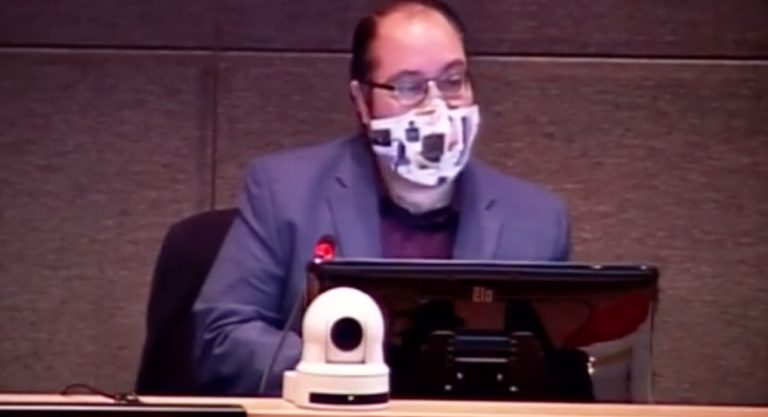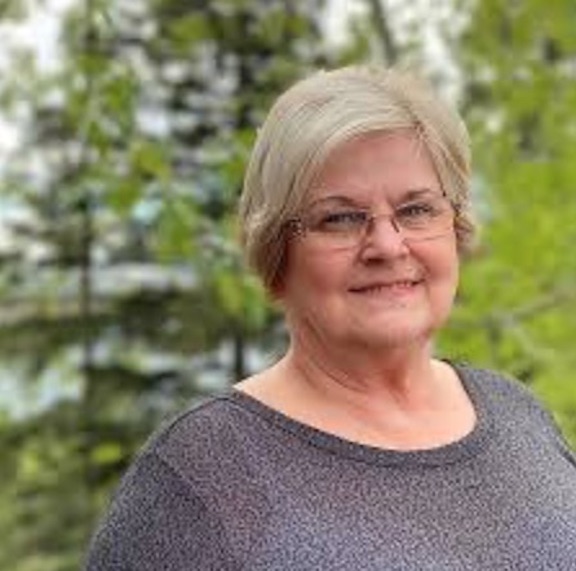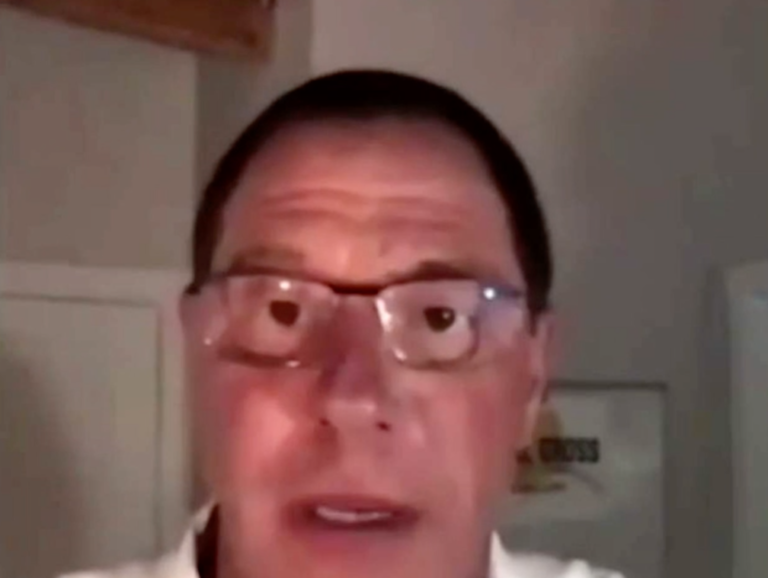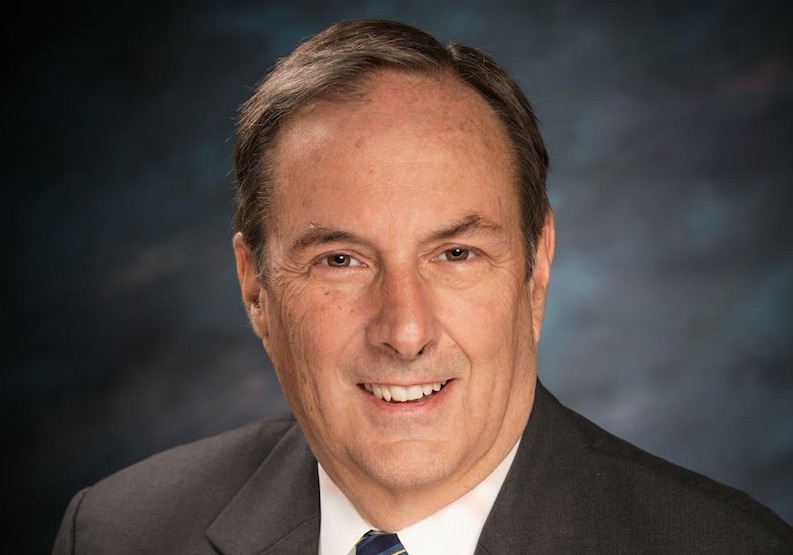By: CRAIG E. CAMPBELL
We are one week away from the most significant election since the Civil War. The sides are clearly divided, with stark differences in their vision for our nation.
If Donald Trump is re-elected, liberties will be protected.
If Joe Biden wins, we take a radical turn towards socialism. Why? Because within a year, Biden will either retire due to his very obvious developing dementia or be impeached, elevating Kamala Harris, and her California hard-left vision for America, to the presidency. Leftists achieve the goal they have been working towards these past four years.
Are we witnessing the first revolutionary coup d’état overthrow of a constitutionally elected government in the United States of America?
No matter your political persuasion, these past four years should scare the hell out of you. No, I don’t mean the presidency of Donald Trump. Rather, I mean the outright subversion of our national democratic republic by those who seek to gain absolute power over every aspect of our lives.
The path to self-destruction is both internal and external. It’s the actions of five distinct players who are conspiring to destroy liberty, freedom, and diversity of thought in America.
The first and most dangerous conspirator is our own deep state federal government. The Justice Department, Federal Bureau of Investigation (FBI), and National Intelligence community conspired to allow law enforcement agencies to pursue a false “Trump Russia Collusion” narrative to undermine and attempt to remove a duly elected president.
The Obama Administration’s director of National Intelligence, retired Air Force Lt. Gen. James Clapper, and Central Intelligence Agency Director John Brennan, conducted a subversive domestic spying campaign that collected information on Americans, some of which was later tied to their inquisition of President Trump.
In 2016 CIA Director Brennan briefed President Obama on presidential candidate Hillary Clinton’s plan to implicate the Trump campaign in a false Russia election interference scandal.
Instead of ending Clinton’s illegal scheme, President Obama allowed his team to continue this unconstitutional attack on our election process to try and wrongfully tie it to the Trump campaign. The public was never informed.
Clapper, when testifying before Congress, stated that the National Security Agency did not collect data on Americans.
He lied. The NSA collected communications on over 120 million Americans. While publicly admitting “I never saw any direct empirical evidence that the Trump campaign or someone in it was plotting [or] conspiring with the Russians to meddle with the election,” (National Review, May 7, 2020), Clapper never intervened to stop the bogus investigation of Trump.
Then we have the FBI, which used a fake dossier, never verified, to illegally obtain Foreign Intelligence Surveillance Act court warrants to spy on a duly elected president and his team. The highest, and formerly most respected, law enforcement agency in the nation used misinformation and lies to pursue a political objective of taking down the United States president.
The Justice Department appointed Robert Mueller as special prosecutor to investigate a knowingly false Russian collusion story. It ended after two years with no findings, despite the Mueller Report being written by staff that was openly hostile to the president. This was the Deep State, our supposed public servants, trying to get rid of President Trump.
Congress has also been an active player using false and discredited information in their relentless quest to remove Trump from office. Unable to find any evidence of Russian collusion by the Trump Administration and with only a year to go before the 2020 election, Speaker of the House Pelosi turned her guns on another concocted allegation: Ukraine.
Allow me to recap that allegation: President Trump attempted to illegally coerce Ukraine into providing information about possible illegal actions of Joe Biden that might be damaging to his potential presidential campaign.
This should not be confused with former Vice President Biden directly threatening to withhold a billion-dollar U.S. foreign assistance loan guarantee to Ukraine unless they fired the state prosecutor looking into illegal actions of Burisma, the company on which Joe Biden’s son was seated on the board of directors and paid as much as $85,000 per month.
In rapid time, the Pelosi House of Representatives voted, along party lines, to impeach President Trump.
Two participants in the conspiracy are now aligned; government bureaucrats aggressively trying to remove a sitting president with a trumped up Pelosi impeachment kangaroo court.
They were supported by an unethical national media that broadcasts the bureaucracy’s lies, suppressing any evidence of truth, and trumping up false narratives against the president and conservatives.
The ethos of journalism is honesty, independence, and fairness. Once respected as an independent voice, journalism has been corrupted by uber-liberal socialists no longer providing information for an informed citizenry, but rather, providing a forum used to push liberalism and progressive objectives. They are silencing opposing viewpoints. The media is the third conspiracy participant.
The mainstream national media; NBC, ABC, CBS, CNN, MSNBC, New York Times, Washington Post, the Anchorage Daily News, and a raft of others (excluding FOX, One America News, NewsMax, Breitbart, and Must Read Alaska) have spent four years trashing President Trump while being silent, or even worse, dishonestly reporting on potentially illegal and negative liberal activities of Leftists and Joe Biden.
We were bombarded by their anti-Trump coverage and the prediction that the Mueller Report would end Trump’s presidency.
When that failed, crickets. There was no mea-culpa.
Media coverage has been 95 percent negative about President Trump. For four years we were inundated with degrading and disgusting commentary about President Trump on a daily basis, but when actual evidence surfaced of potentially illegal acts and even possible illegal money laundering by former Vice President Biden and his son Hunter…in the words of the Simon and Garfunkel 1964 song, The Sound of Silence, “And no one dared
disturb the sound of silence.”
Yet the economy boomed; dramatic manufacturing increases; historically low unemployment rates for Blacks, Hispanic, and women; a much improved Mexico – Canada trade deal signed; tax cuts for the working class; securing the historic Abraham Accord; restoring a crippled military; Al-Qaida virtually eliminated; Iranian commander General Soleimani terminated; energy independency for America; and for Alaska, ANWR opened.
But from the main stream media…more crickets.
Joining in as the fourth member of the conspiracy….social media. FaceBook, Twitter, and Google actively suppress free speech of conservatives. While freely permitting lies and distortion of facts generated by the uber-left to populate their sites, they block, shut-down, or suspend conservatives voicing any wrongdoings about social democrats in an intentional effort to skew facts and influence voters to vote socialist.
How about all those peaceful protests this past summer? No violence from the left, only white supremacists trying to stop peace loving leftists from taking over America? If you believe that lie, I have some ocean-front property for sale in Arizona.
All this financed by the fifth conspirators, billionaires that want to retain control of America’s wealth and gain total political control of your life. Donald Sussman, George Soros, Tom Steyer, Michael Bloomberg, to name a few, funneled millions into advertisements and campaigns to trash President Trump.
Hidden from view, their financial investment in anarchy, the political drive to the left, and restricting your right to free speech and gun ownership being just the beginning to their forming an impenetrable Bernie Sanders style socialist government.
Conspiracies do not have to be coordinated. A conspiracy can be any concurrence in action; combination in bringing about a given result. The combined actions of these five players, all aligned for the same general objective, working simultaneously, has created the greatest crisis this nation has faced since the Civil War.
Nikita Khrushchev, a former Soviet premier, predicted the United States would fall to Communism without even firing a shot. Here’s his quote:
“You Americans are so gullible, you won’t accept Communism outright, but we’ll keep feeding you small doses of Socialism until you will finally wake up and find that you already have Communism. We won’t have to fight you.”
Looks to me like that is exactly what the socialist left is doing to America right now.
Next Tuesday, Nov. 3rd, you have the opportunity to stop, or at least slow down, these conspirators’ efforts to destroy liberty and turn America into the next great failed socialistic state.
It’s now up to you. Don’t let Khrushchev’s prophecy become reality.
Craig E. Campbell served on the Anchorage Assembly between 1986 and 1995 and later as Alaska’s Tenth Lieutenant Governor. He was the previous Chief Executive Officer and President for Alaska Aerospace Corporation. He retired from the Alaska National Guard as Lieutenant General (AKNG) and holds the concurrent retired Federal rank of Major General (USAF).








